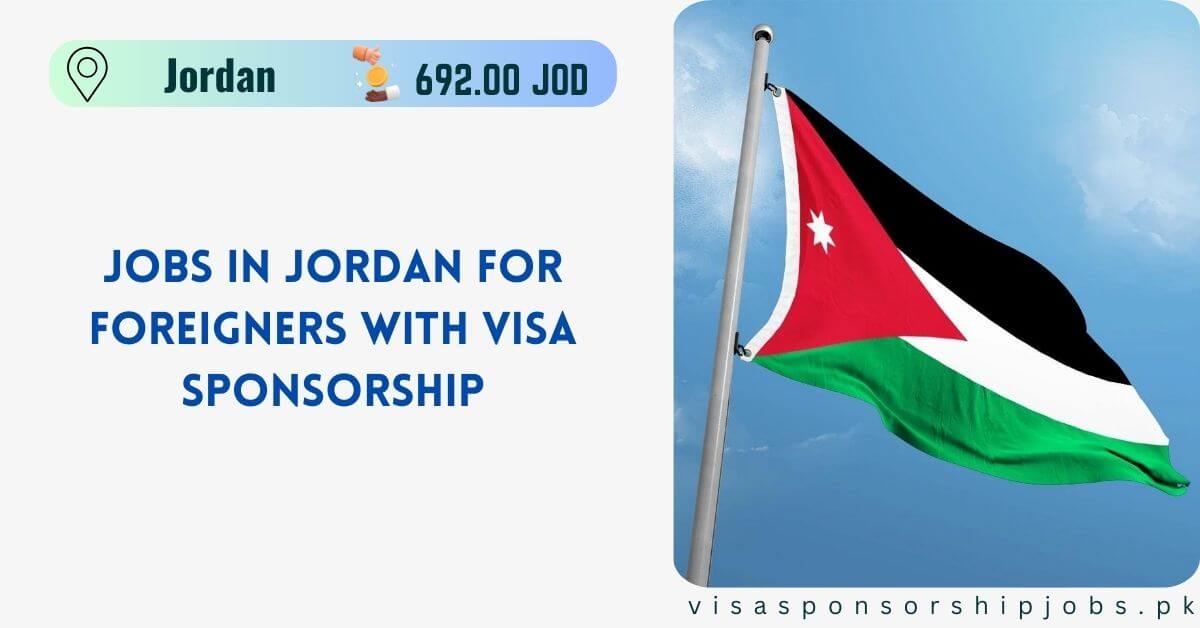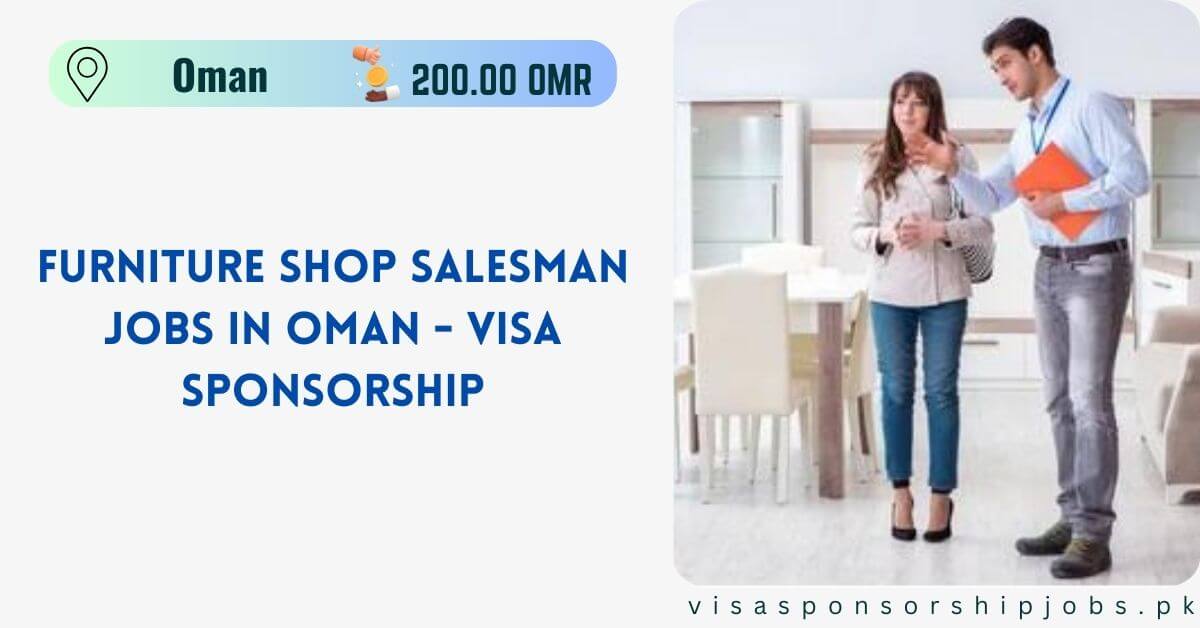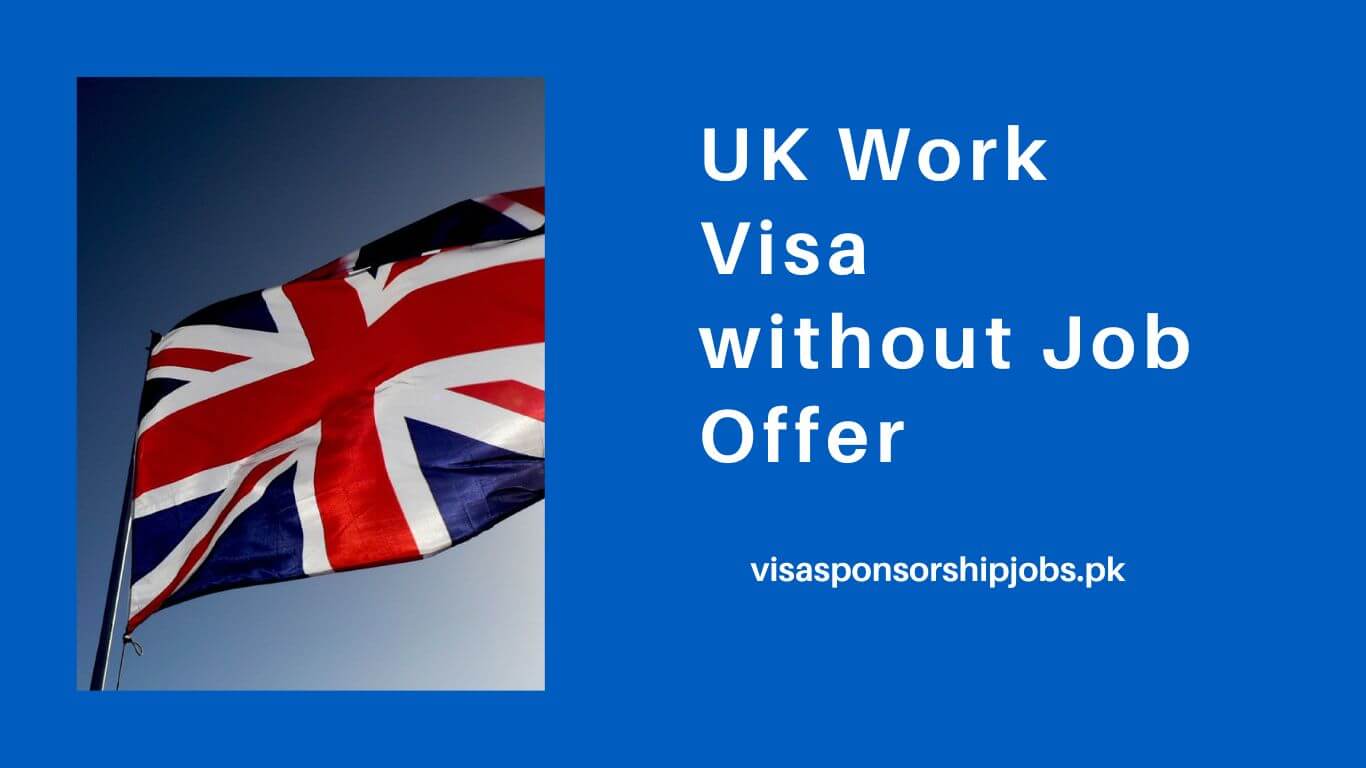Fruit Picking Jobs in Appenzell Switzerland 2025 – Apply Now
This is the most advantageous opportunity for individuals who lack a high level of education but aspire to secure employment in any European country and earn a substantial income. Switzerland is a stunning nation that boasts breathtaking countryside and scenery. This has resulted in a significant number of farm employment throughout Switzerland. It is also the most tranquil nation in the world, and it has the lowest tax rates and highest wages. A position on a farm is one of the most highly sought-after positions in Switzerland. That is, the job that everyone desires is the best job for strangers. Appenzell is the most renowned and picturesque village in the Swiss Alps.
The process and step-by-step instructions for applying for this position can be obtained by reading this post. You can obtain information regarding all critical aspects of the position, such as the benefits you receive in exchange for fulfilling the prerequisites. If you are interested in a position harvesting fruit in Appenzell, Switzerland, you must read this.
Science and technology are making significant strides daily, which is why Swiss companies are increasingly hiring highly competent individuals for positions in the fields of science, technology, and business. Numerous occupations necessitate minimal education or experience as of 2023. There are currently numerous fruit harvester positions in Switzerland that will facilitate your visa application if you are a non-Swiss national seeking to establish a comfortable existence in a developed nation. Let us delve into the specifics of fruit-picking jobs in Appenzell, Switzerland for individuals from outside of Switzerland in 2025.
Key Points:
- Job title: Farm Jobs
- Industry: Agriculture
- Country: Appenzell, Switzerland
- Minimum age: 21-40 years
- Knowledge required: Yes, not much
- Experience required: Yes, not much
- Job Nature: Full-time
- Expected Salary: CHF 14 per hour
- Free Food: Yes
- Free Accommodation: Yes
- Free Transport: No
- Free Medical Insurance: No
Requirements for Fruit Picking Jobs in Appenzell Switzerland:
- There is no prerequisite for this course. There is no title, degree, or certificate.
- You must possess exceptional English communication skills.
- There is no prerequisite level of expertise.
- Before commencing your full-time employment, you must undergo comprehensive training.
- It is expected that you are already well-versed in the cultivation of fundamental crops (including vegetables and livestock), the maintenance of animals, the assessment of their health, and the operation of basic agricultural equipment.
- The driver’s license from your country of origin must be legal and attested, and your driving record must be verified.
- Conduct a criminal background check.
- It may be necessary for you to perform numerous additional hours.
- Due to the necessity of walking frequently and the fast-paced nature of the work environment, the physical demands are intense. Additionally, you will be required to transport substantial quantities of packaged crops.
- All requisite and supporting documentation for a visa.
Check Also: Jobs in Switzerland with Visa Sponsorship – Apply Now
Job Responsibilities:
- Harvesting produce from the fields and gardens.
- Sort the clean parts from the ones that are rotten or broken.
- Place the fruit in the appropriate containers.
- Label the containers.
- Weighing the fruit crates before loading them into the truck.
- Apple trees are manually cultivated and pruned.
- To maintain the health of trees, it is necessary to perform a variety of tasks, including the following: removing weeds, picking rocks, hoeing weeds, racking old leaves, loosening the soil around the plants, and leveling the ground.
- Hand-picking fruits from the trees to reduce their number.
- Before the harvest, the garden is prepared by establishing containers.
- Organize the territory.
- Restoring or discarding containers that are damaged or obsolete.
- Distinguishing pears that are either overripe or have expired.
- Steps weighing up to 60 pounds may be relocated.
- Ensure that the fruits and vegetables you have selected are placed in containers without causing any damage.
- Additionally, certain pickers are required to operate tractors or other vehicles to transport the vegetables and fruit to the packing facility.
Where can Foreigners find Fruit Picking Jobs in Switzerland?
- Indeed.
- LinkedIn.
- Zuma Fox.
- Expat.com.
- Jobs.Ch.
- One World 365.
- Job Scout 24.
- Job and Salary Abroad.
- Just Landed.
- Facebook.
- Jobs.Mitula.Ch.
- Any work Anywhere.
- Jooble.Org.
- Learn4Good.
- Picking Jobs.
- English Jobs Switzerland (a Facebook group).
- Work in Switzerland (Facebook group)
- Farm Jobs Switzerland (a Facebook group).
- WWOOF Switzerland.
What types of Farms in Appenzell, Switzerland have Jobs for Foreigners?
According to numerous reputable websites, the following Appenzell farms employ foreign laborers to harvest produce, out of the 50,000 farms in Switzerland that cultivate food:
- Strawberries Farms.
- Grapes Farms.
- Wheat Farms.
- Potato Farms.
- Bread Cereal Grain Farms.
- Rapeseed Farms.
- Orchards.
- Sugarbeet Farms.
- Barley Farms.
- Rye Farms.
- Species-rich bee pastures.
- Raspberries Farms.
- Currant Farms.
- Blueberries Farms.
- Gooseberry Farms.
- Apple Farms.
- Apricots Farms.
- Cherries Farms.
- Peaches Farms.
- Pumpkin Farms.
- Dairy Farms.
Famous Fruit Farms in Appenzell, Switzerland Offering Fruit Picking Jobs to Foreigners:
- Jucker Farm.
- Le Ferme Des 4 Salsons.
- Emmentaler Schaukaeserei.
- Kartause Ittingen.
- Juckerhof Erlebnisbauernhof.
- Les Cueillettes de Landecy.
- Family Walters Farms.
- Swiss Lachs.
- Sunnehof Farm.
- Hof Herrendingen.
Benefits of Fruit Picking Jobs in Appenzell Switzerland:
- Short-Term, Seasonal Employment Opportunities: Fruit harvesting is an excellent option for students seeking summer jobs or individuals in search of temporary employment.
- Competitive Wages: Switzerland maintains an elevated standard of living, and agricultural occupations, such as fruit harvesting, offer hourly compensation that is frequently greater than that of comparable positions in other nations.
- Visa Sponsorship: Certain employers offer visa sponsorship to seasonal laborers, enabling them to legally work in Switzerland and immerse themselves in the local culture.
- Swiss Social Security: Workers who are legally employed, including seasonal workers, are required to contribute to Swiss social security. This system protects in the event of accidents and helps to ensure that working conditions are equitable.
- Free or Subsidized Accommodation: Numerous farms provide free or subsidized on-site accommodations for their employees, which facilitates the relocation of foreign laborers for the season and reduces living expenses.
- Healthy Physical Activity: Fruit harvesting is a physically demanding occupation that enables individuals to remain active and work outdoors, which can be advantageous for both their mental and physical well-being.
- Working in a Scenic Environment: Appenzell is renowned for its picturesque landscapes, and fruit pickers are allowed to work amid these gorgeous surroundings, which provides a distinctive and enjoyable work experience.
- No Special Qualifications Needed: Fruit harvesting positions necessitate no specialized skills or qualifications, rendering them accessible to a diverse workforce, including those without formal education or prior experience.
- Opportunity to Gain Knowledge About Swiss Agriculture: Working on a farm offers a practical experience with Swiss farming practices and agricultural techniques, providing a unique perspective on the country’s agricultural industry.
- Exposure to Swiss Culture: An opportunity to interact with Swiss locals, experience the local culture, and enhance language skills in either German or French is provided by seasonal work in Switzerland.
- Networking Opportunities: The collaboration of seasonal laborers from various countries offers the opportunity to establish new friendships and international connections.
How to find Fruit Picking Jobs in Appenzell Switzerland:
Keep the following points in mind when searching for fruit-picking jobs in Switzerland online:
- Indeed and LinkedIn are global job search titans. WWOOF is one of the largest employment sites in the world when it comes to farm jobs, such as picking fruit.
- Jobup.ch, De.indeed.com, and Holiday.de are among the websites that assist individuals in Switzerland in locating employment opportunities.
- Quora and Reddit are examples of online platforms that facilitate the exchange of inquiries.
- You can utilize Google to locate intercultural farms in Switzerland that require workers from other nations or local farms in Switzerland that are experiencing a labor shortage. Determine the season of the most popular fruits in each Swiss canton. This is yet another prudent course of action. There is an increasing number of employment opportunities during the harvest season.
- Communicates with organizations directly.
- Discover the most renowned and exceptional fruit plantations in the region of Switzerland that you wish to explore, such as Appenzell.
How to Apply for Fruit Picking Jobs in Appenzell Switzerland:
Fruit-picking jobs in Switzerland with visa support are available on websites that assist individuals in job searches and online newspapers. By registering for an account and activating job alert notifications on any of the aforementioned job search sites, you will receive an email regularly informing you of all available job opportunities in the desired job role and location.
Additionally, you have the option to select job roles that are related and remain informed about their forthcoming vacancies. Jobup.ch is the optimal location for conducting an online job search in Switzerland. Regardless of whether it involves the picking of produce or the performance of a highly skilled task If you are not a native of Appenzell, Switzerland, the following are a few suggestions that will assist you in locating additional fruit jobs:
You may utilize Google Jobup.ch or any other significant Swiss job site (you may verify their availability beforehand).
- Establish an account.
- Select the positions that interest you. Up to three tasks may be selected simultaneously, contingent upon the job site.
- Activate email alerts to provide additional functionality.
- In the search bar, enter the employment search terms.
- There are specific ones that you can attempt first, such as “Fruit Picking Jobs in Switzerland for Foreigners.” You have the option of selecting any well-known Swiss city (such as Geneva) or region of the country (such as Zermatt) in the location bar located directly below the search bar.
- If the search results are not particularly beneficial, consider employing more general keywords, such as “Jobs in Swiss Greenhouses,” “Fruit/Vegetable Picking Jobs in Switzerland for foreigners,” “Agriculture Jobs in Switzerland for foreigners,” “Farm Jobs in Switzerland for foreigners,” “Farm Foreman Jobs in Switzerland for foreigners,” and so forth.
- Select the desired position.
- Please submit the CV and all other requested documents.
- Press the “Apply” icon.
- Please await the email’s return.
Conclusion:
In summary, individuals who are seeking employment in Europe and lack experience or education should consider Switzerland, particularly Appenzell, as it offers promising employment opportunities in the agricultural sector. People are employed by numerous farms to harvest fruit, which is a distinctive method of earning a decent livelihood.
The country of Appenzell is a popular destination due to its stunning landscape and its reputation as the world’s most tranquil nation. The competitive pay and other benefits make the position even more appealing, and expatriates can apply due to the lax job standards.
For More Info:
Email Your CV, and We’ll Find the Best Pathway For you: info@visasponsorshipjobs.pk
Frequently Asked Questions:
How much do fruit pickers get paid in Switzerland?
CHF 30’087, or an hourly rate of CHF 14, is the average gross salary of a fruit harvester in Switzerland. In addition, they receive an average honorarium of CHF 280. Salary estimations originate from salary survey data that was collected directly from employers and anonymous employees in Switzerland.
How can a foreigner get a job in Switzerland?
To apply for a job in Switzerland, you’ll need a CV, cover letter, and educational certificates. Unless specifically asked to submit your application in English, you should write it in the language of the job advertisement/company, be it German, French, or Italian.
Is Switzerland looking for workers?
Thus, there is a high demand for financial analysts, business analysts, and systems analysts in the fields of engineering and technology, pharmaceuticals, consulting, banking, insurance, and IT. Switzerland had 79,000 job vacancies.









